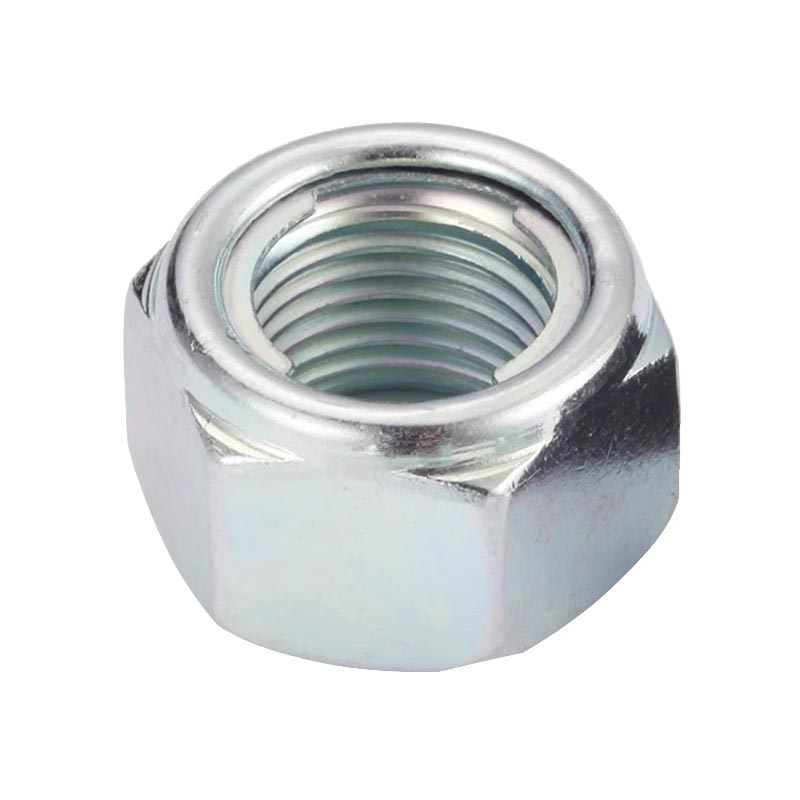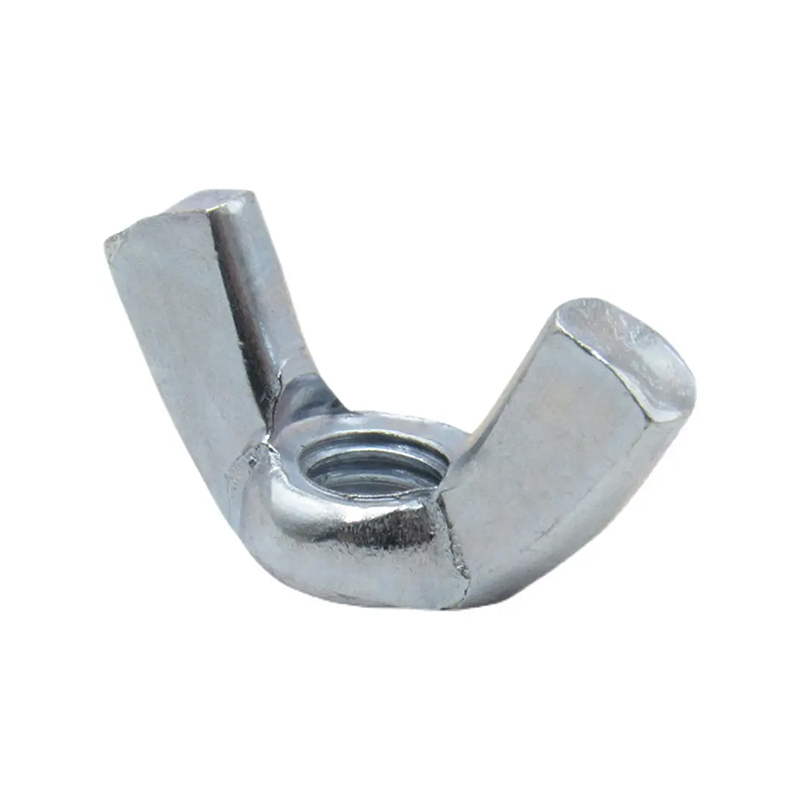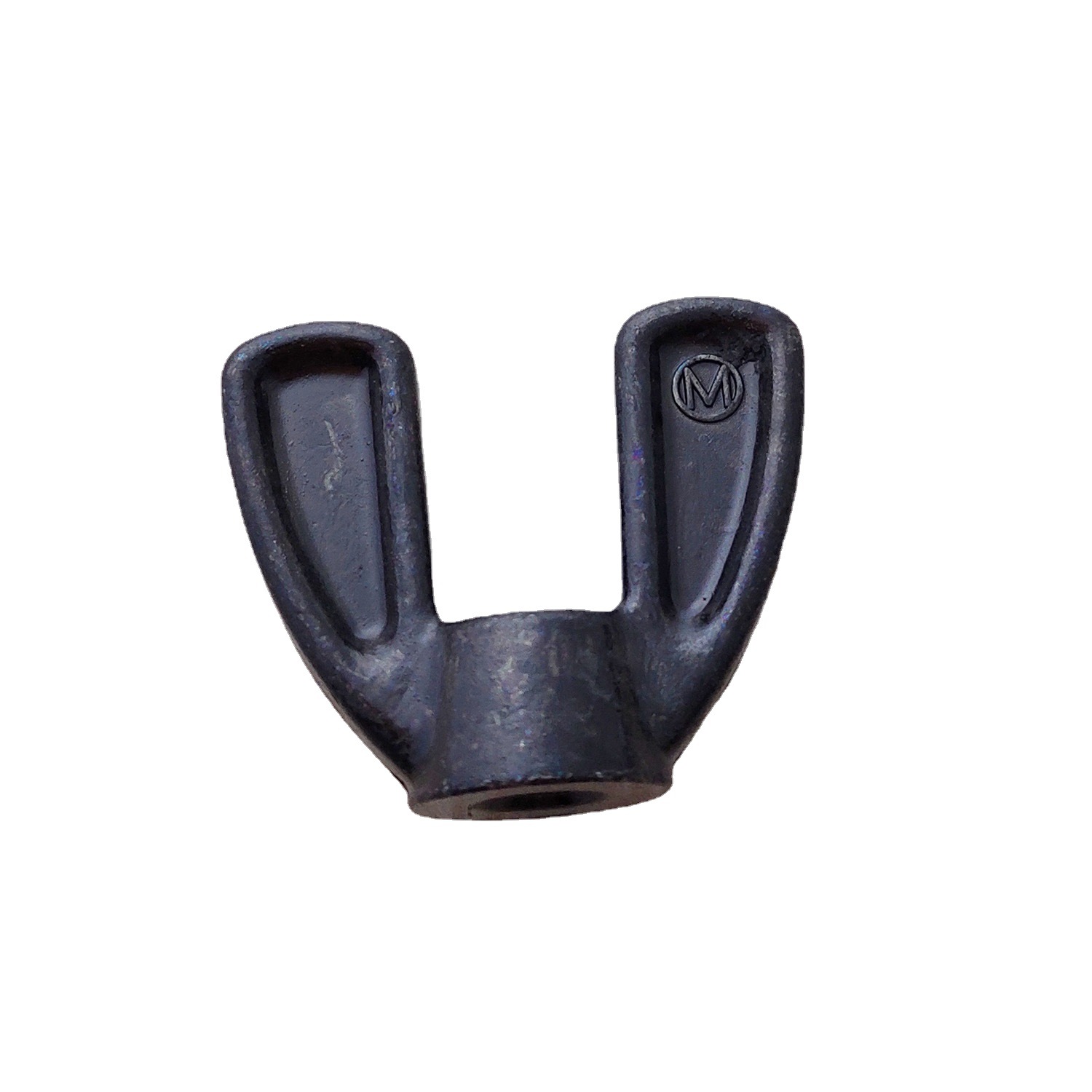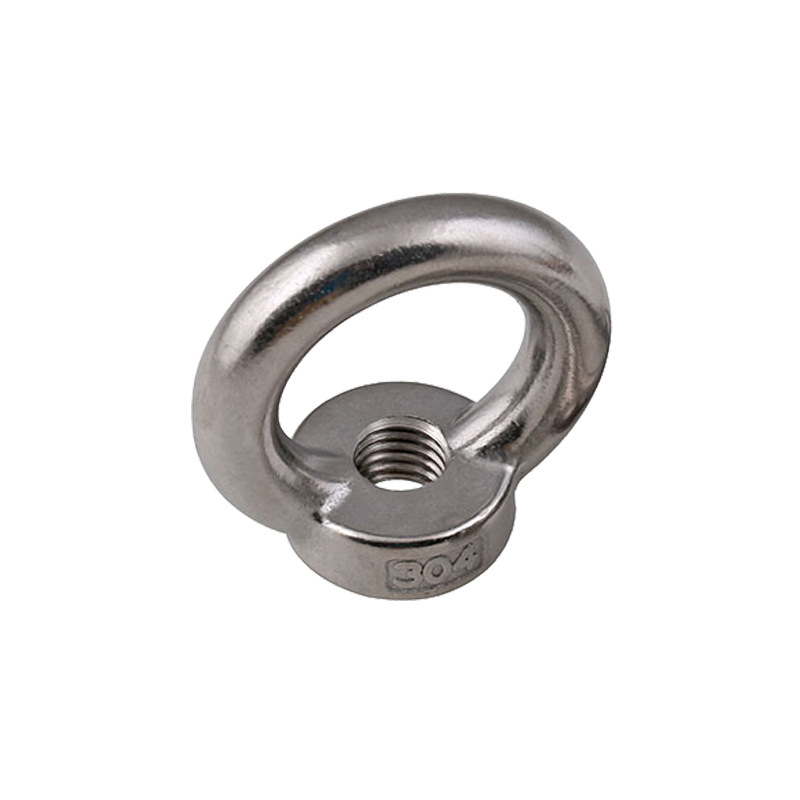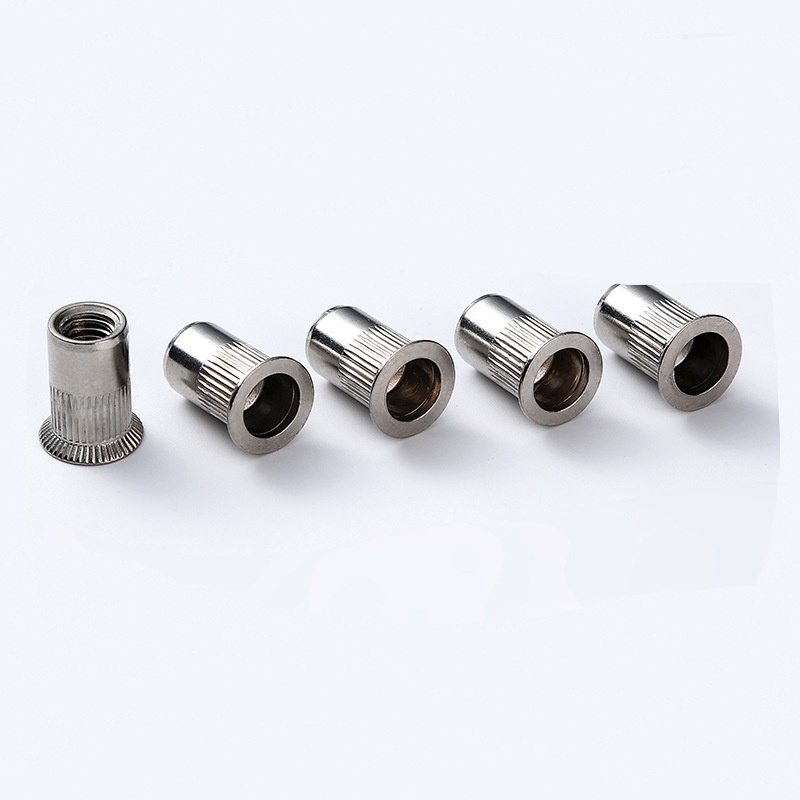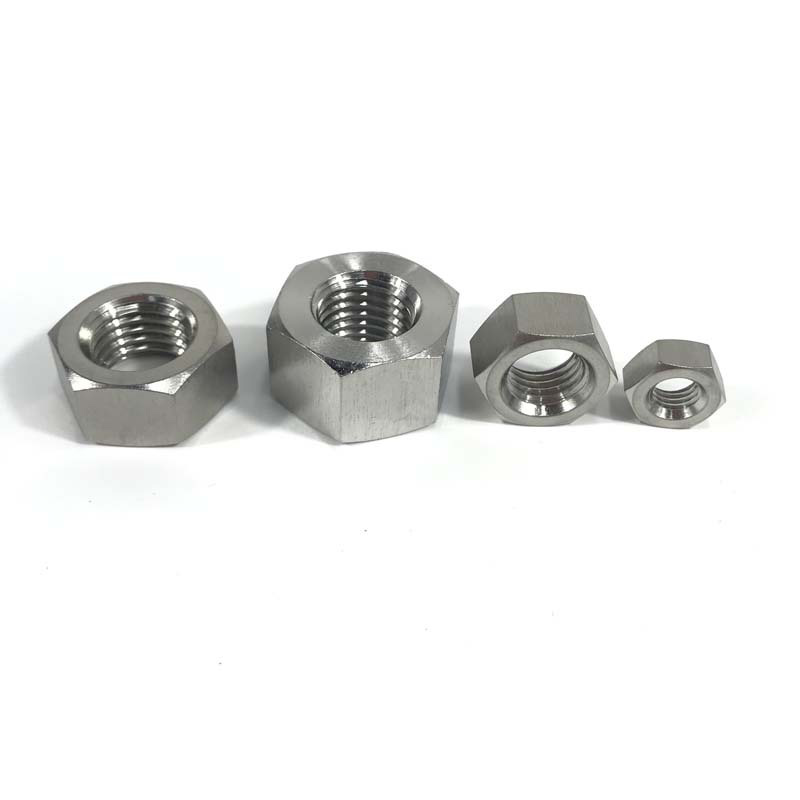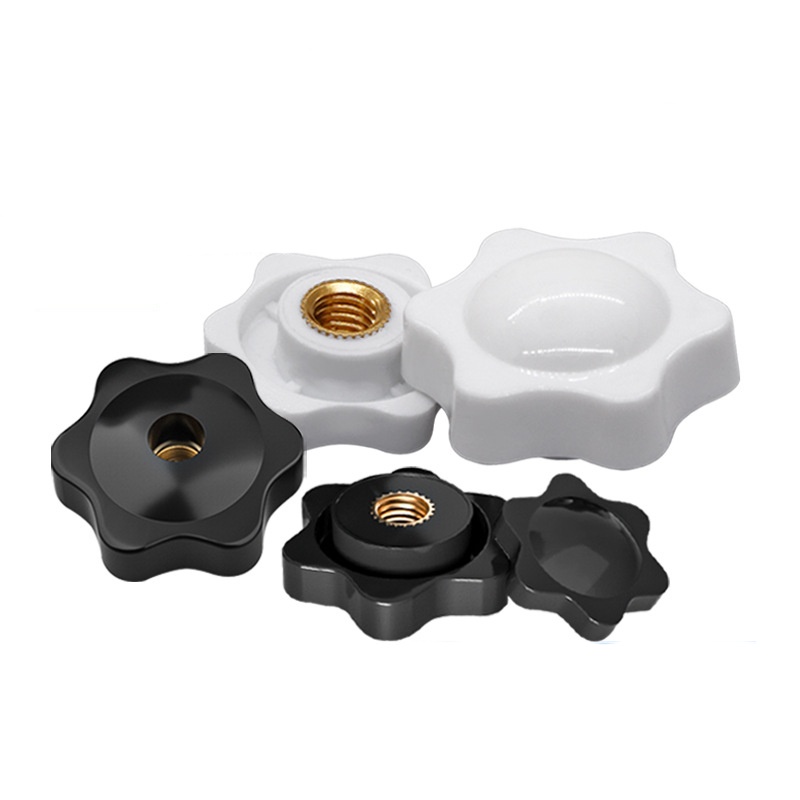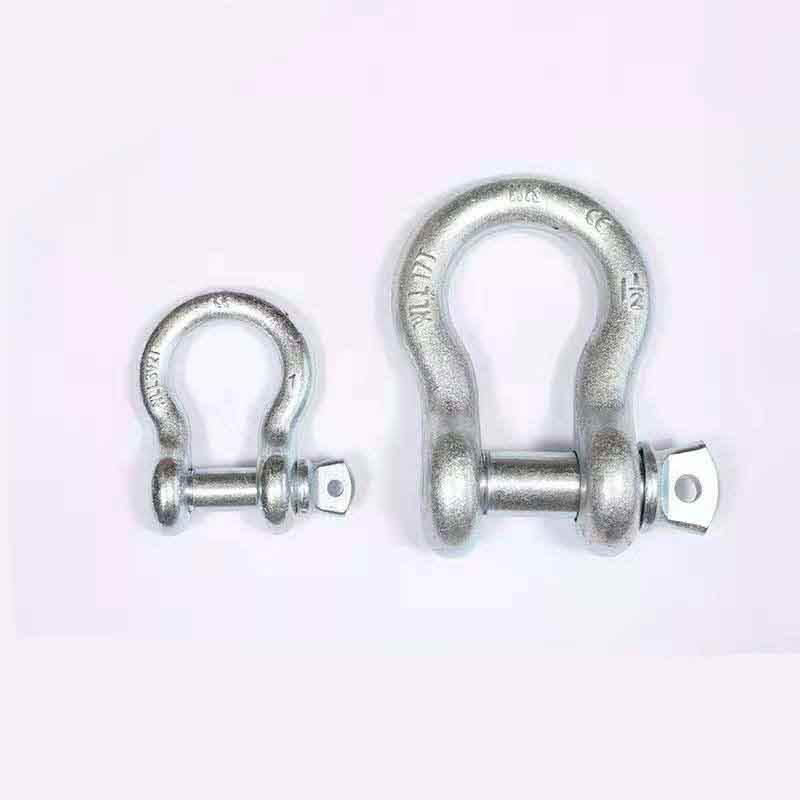China Lock Nut Manufacturer, Supplier, Factory
Lock nuts are essential components for securing bolted joints against loosening under vibration and dynamic loads. They are designed to provide a prevailing torque, which resists rotation and maintains clamp force in critical applications. Understanding the distinct advantages of lock nuts compared to standard fasteners like the Hexagon Nut is crucial. While a standard Hexagon Nut is used for general-purpose fastening, lock nuts incorporate features such as nylon inserts, deformed threads, or integrated washers to prevent back-off. Similarly, when compared to a Square Nut, which is often used in wood or stamping applications, the lock nut offers superior resistance to rotational forces. For applications requiring a larger bearing surface, a Hexagon Flange Nut can be specified, but a lock nut provides the added security of vibration resistance. In scenarios where a finished appearance or protection from external elements is needed, a Cap Nut might be selected; however, it does not inherently possess the locking mechanism of a dedicated lock nut. Therefore, selecting the correct lock nut is paramount for safety and reliability.
The Lock Nut is engineered with precision to meet stringent industrial standards. Its primary function is to maintain tension in a bolted assembly, preventing spontaneous loosening. Available in various materials, sizes, and locking mechanisms, the Lock Nut can be customized for specific environmental and load requirements. Common types include nylon insert lock nuts, all-metal lock nuts, and serrated flange lock nuts. Each variant of the Lock Nut offers unique benefits, such as reusability, high-temperature performance, or exceptional prevailing torque. The design of the Lock Nut often involves a non-circular shape or an elastic element that deforms slightly upon installation, creating a counter-force against rotation. This makes the Lock Nut indispensable in automotive, aerospace, machinery, and construction industries where joint integrity cannot be compromised.
Key Specifications of Our Lock Nuts
- Material: Available in Carbon Steel, Stainless Steel (Grade 304 & 316), and Alloy Steel.
- Finish/Coating: Zinc Plated, Hot-Dip Galvanized, and Dichromate for corrosion resistance.
- Locking Mechanism: Nylon Insert, Metal Deformation (Top or Side), and Serrated Flange.
- Temperature Range: Standard nylon inserts suitable up to 250°F (121°C); all-metal versions for higher temperatures.
- Reusability: Nylon insert nuts can typically be reused 5-10 times; all-metal versions vary based on design.
- Standards: Manufactured to meet or exceed DIN 985, DIN 6927, ISO 7040, and IFI 100/107 standards.
Detailed Product Parameter Table
| Size (Nominal Diameter) | Thread Pitch | Width Across Flats | Height | Prevailing Torque (Min-Max in-lbs) | Proof Load (MPa) |
|---|---|---|---|---|---|
| M6 | 1.0 mm | 10 mm | 6.5 mm | 20 - 45 | 830 |
| M8 | 1.25 mm | 13 mm | 8.0 mm | 35 - 75 | 830 |
| M10 | 1.5 mm | 17 mm | 10.0 mm | 60 - 120 | 830 |
| M12 | 1.75 mm | 19 mm | 12.0 mm | 100 - 200 | 830 |
| 1/2" | 13 TPI | 3/4" | 0.5" | 150 - 300 | 120,000 psi |
Hot Products
Versatile Lifting Eye Nut
Versatile Lifting Eye Nut is often used by industrial workers in construction, manufacturing, or warehouse jobs, where moving heavy equipment or parts is a regular task. When it comes to pricing, Xiaoguo® keeps things fair for both clients and suppliers—they don’t charge extra for small international orders, and bulk buys get even better deals.Industry Grade Countersunk Head Riveted Nuts
Industry Grade Countersunk Head Riveted Nuts for which long-term partnerships are the primary goal of every business relationship formed by Xiaoguo®, a professional manufacturer. The primary design feature of these riveted nuts is their flat, conical head which sits perfectly flush with the surface of the host material.Inch Hexagon Thick Nuts With Washer Faced
The Inch hexagon thick nuts with washer faced are suitable for any fastening work that requires durability and surface protection. Xiaoguo ® provides clear product information to help you understand the products clearly.Star Shaped Knob Handle Nut
Star Shaped Knob Handle Nut is a product of Xiaoguo®, a manufacturer with a focus on the renewable energy sector that produces specialized fasteners for wind turbines and solar installations.Hexagon Washer Head Tapping Screws Type R
With years of experience in production Thread rods, Baoding Xiaoguo Intelligent Equipment Co., LTD can supply a wide range of Hexagon Washer Head Tapping Screws Type R. High quality Hexagon washer head tapping screws—Type R can meet many applications, if you need, please get our online timely service about Hexagon washer head tapping screws—Type R. In addition to the product list below, you can also customize your own unique Hexagon washer head tapping screws—Type R according to your specific needs.Type BD Shackles
Type BD shackles are type of rigging used for fixing. It can be used to fix ships, can be used in the construction industry, heavy equipment, and can also be installed on off-road vehicles. The Xiaoguo® factory's supply chain is transparent, strictly tested, and meets international load-bearing standards.



